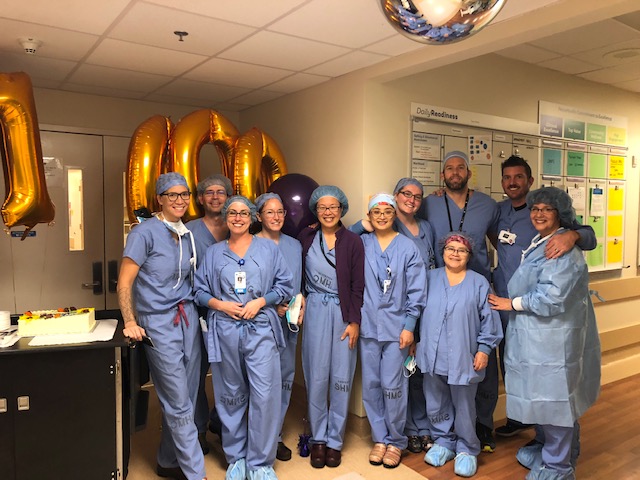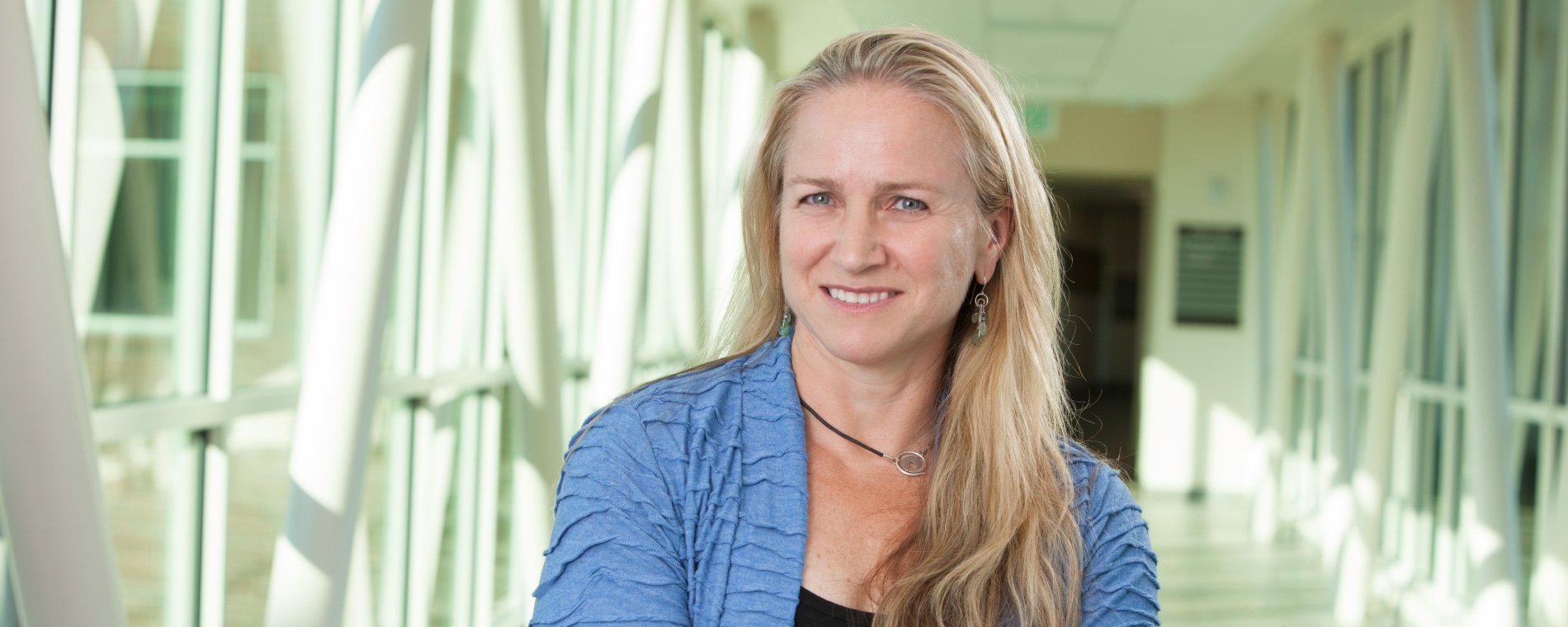Collaboration and communication are essential for a successful team—and it’s no different when it comes to cancer care.
“It’s really important to work together to get the patient the best care they need, in the sequence and timing they need it in,” says Dr. Keith Wells, a medical oncologist at Willamette Valley Cancer Institute’s Corvallis clinic. Dr. Wells and his colleague Dr. Jon Gross regularly consult about the best treatment plan for patients.
“As oncology has become more specialized, oncologists have become more specialized,” Dr. Gross says. “For us, to be able to collaborate with each other and our colleagues here in Corvallis, we’re able to get the most up-to-date information for our patients, simply by meeting together as a group of doctors and reviewing their cases.”
Dr. Wells and Dr. Gross also participate in weekly tumor board meetings in Corvallis, just as WVCI oncologists do in Eugene. A tumor board is led by a pathologist and radiologist and is attended by surgeons, medical oncologists, radiation oncologists and other specialists from a variety of practices.
“We review a patient’s radiology reports, CT scans and PET scans. We go over their pathology— the results of their biopsies—and then we discuss how each specialty can work together to provide the best care for the patient,” says Dr. Wells.
Drs. Wells and Gross believe, that when it comes to delivering the best cancer care, having multiple sets of eyes on each case helps ensure the best outcome for the patient.
“It’s essential for each patient to have a clear plan in place to know where we’re headed,” Dr. Gross says. “To have that plan—to know that it’s the right plan—is the most comforting aspect of a patient’s treatment.”
Meeting the needs of the patient
Collaboration on behalf of patients often extends beyond the clinic and may include integrative oncology care—a patient-centered, evidence-informed field of cancer care that utilizes mind and body practices, natural products, and/or lifestyle modifications alongside conventional cancer treatments. Integrative oncology care aims to treat the whole patient, from side effects to mental and emotional health.
Willamette Valley Cancer Institute has developed a network of specialty providers, including social workers, dietitians, psychologists, acupuncturists and massage therapists, to help patients address issues, including nutrition, pain, stress and sleep—all of which play an important role in healing.


